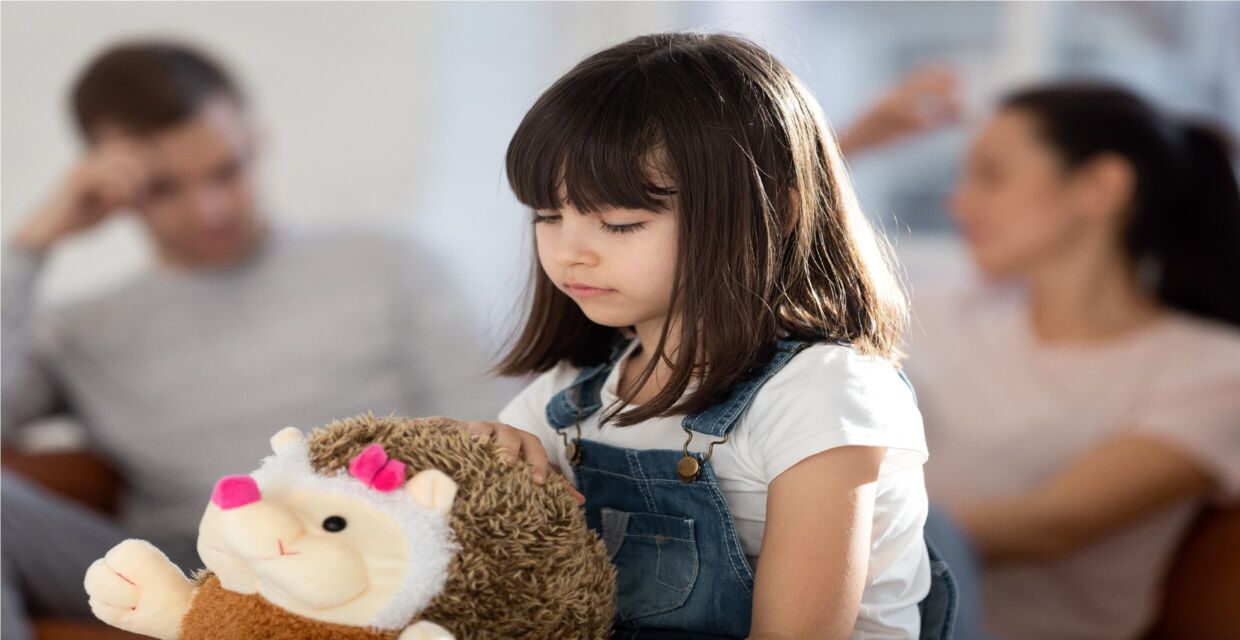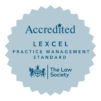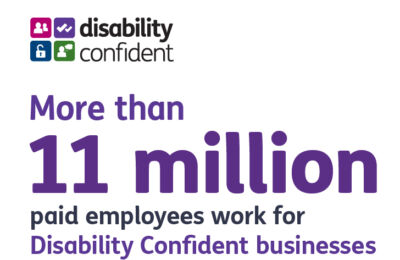When it comes to contact with a child, there are a number of different kinds of contact between a parent and a child. These can include:
Direct contact
This refers to when there is face to face contact – they are together in person. This could be between a parent who has a residential order, or not.
Visiting contact
This refers to contact when the child is taken to visit the non-residential parent. Visits can take place at the parent’s domestic residence, a grandparent’s home, or temporary accommodation.
Staying contact
Staying contact refers to contact whereby the child stays with the non-residential parent overnight. The family court will indicate what is the maximum amount of time that the child should be allowed to stay away, but this can be disputed if you do not agree.
Interim contact
This refers to the child’s contact arrangements before the details are finalised through a contact order.
Defined contact
Defined contact refers to contact whereby the court defined the schedule of contact.
Reasonable contact
Refers to the amount of contact that parents deem to be ‘reasonable’. This can often be a sticking point in the proceedings and is something that must be mutually agreed upon.
Supported contact
Refers to contact that takes place in a mutual community location. There are staff and volunteers around by the contact is not monitored and there are no child welfare concerns.
Supervised contact
Supervised contact refers to contact that takes place within a contact centre. In these cases, there can be concern over the welfare of the child, and the contact is monitored by staff all the time. Staff also record details of these contact sessions.
Indirect contact
This refers to contact when the two are not face to face – it can include telephone cards, letters, emails, and other means of communication. This contact is usually put in place when there is a doubt over the safety of the child and contact is made through a third party. Indirect contact will normally be ordered initially for six months before it is reviewed.
Escorted contact
Refers to the next step from contact through a contact centre. In this case, the child and parent can be accompanied to outside locations such as parks or shops. The contact is arranged by the staff.


















